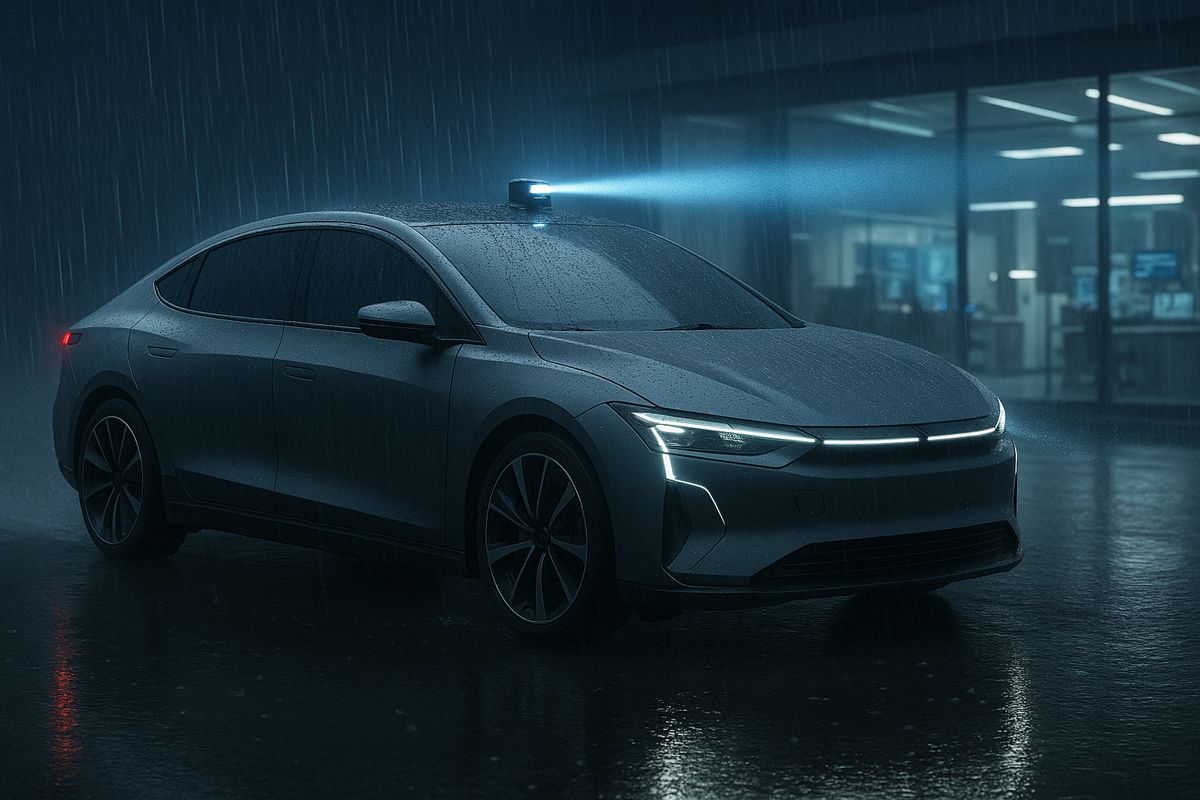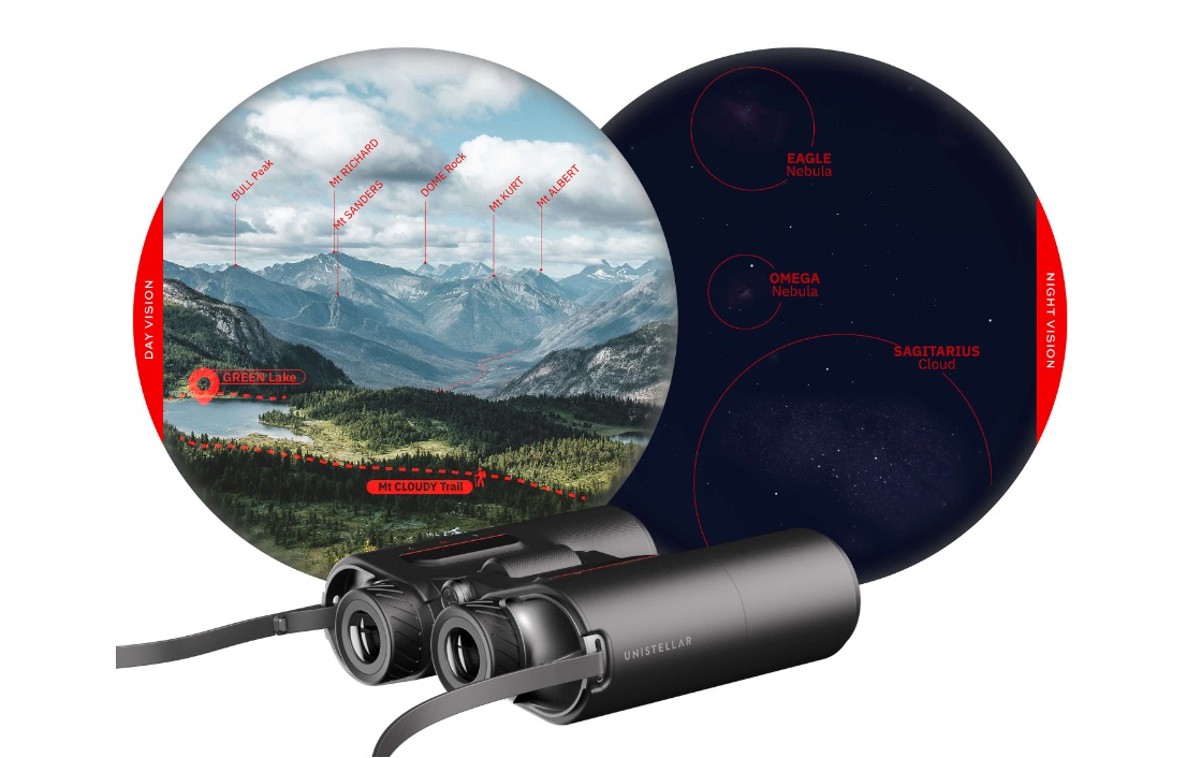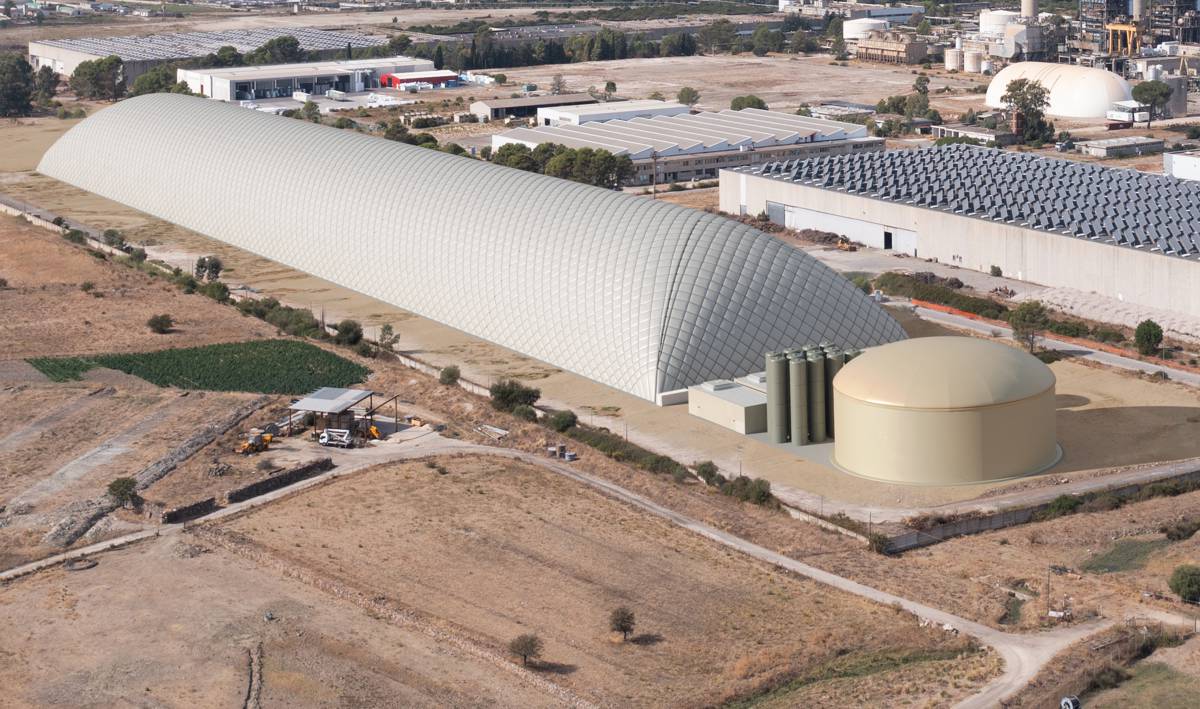NIC competition winners pave the way for Roads for the Future
Smart traffic lights and hi-tech public transport could become an everyday part of people’s journeys, according to ideas put forward by the joint winners of the national Roads for the Future competition.
The two winners, City Science and Leeds City Council, will each receive £25,000 from a dedicated £50,000 prize fund.
Offering his congratulations to the two teams, Chairman of the National Infrastructure Commission Sir John Armitt said he had been impressed by the quality of the competition entries, and their proposals for how our road network can be made ready for driverless cars.
Chair of the Judging Panel Bridget Rosewell added that this should be “just the beginning” of preparing the country’s roads for this new technology, and that the competition should encourage further innovations in this area.
The competition attracted 81 entries from across the country, with five being shortlisted for the final stage.
Sir John and the chair of the judging panel Bridget Rosewell, announced that the winners are:
- City Science – based in Exeter, this entry examines how sections of roads in urban areas could initially be dedicated to driverless vehicles, as a key step in kick-starting their take-up and integrating them safely into the existing transport network.
- Leeds City Council – this entry examines how the data generated from digitally connected cars could be used to improve traffic light sequencing, allowing highway authorities to better manage traffic on their roads and reduce tailbacks.
Chairman of the National Infrastructure Commission Sir John Armitt said: “The vehicles of tomorrow will be very different to those we see around us today. We need to make sure our roads are ready for this revolution.
“With such a strong shortlist narrowing down the entries was no easy task, but the ideas put forward by City Science and Leeds set them apart.
“I’ve been really pleased by the enthusiasm for our competition, and I hope it leads to ever-greater interest not just in the technology in the vehicles, but also in the roads they will travel on.”
Chair of the Judging Panel for the Roads for the Future competition and Commissioner Bridget Rosewell said: “From Leeds showing how we can harness enhanced traffic data to prevent tailbacks, to City Science’s proposals for gradually integrating driverless cars and buses in our city centres, both winning entrants have demonstrated creativity and ingenuity.
“This is just the beginning of getting our road system ready for the cars of the future and these winning ideas are a great starting point for a wider debate that looks beyond the vehicle itself and towards the roads they will travel on.
“I therefore hope the competition will encourage further innovations that consider both how these vehicles will be driverless, and how they could be connected using the latest digital technology.”
Chief Executive of City Science Laurence Oakes-Ash said: “City Science are delighted to be joint winners of this fantastic competition. Over the past three months, this project has given us the opportunity to explore the enormous potential of CAVs and set out a tangible vision to deliver their benefits on the UK’s roads.
“It is essential that we get the rollout of CAVs right, using them in ways that can integrate with mass transit, promote healthy cities and create successful communities.
“We are thankful to everyone who contributed their time and expertise to this project and would also like to congratulate our joint winners Leeds City Council.”
Leeds City Council executive member for regeneration, transport and planning, Councillor Richard Lewis said: “It’s a fantastic achievement for Leeds City Council to be recognised nationally for our work on transport innovation. We want Leeds to be a smart city and at the forefront of developing technologies to help transform our transport network to improve people’s everyday lives.
“While digitally connected and autonomous vehicles are still a long way down the road, they have the potential to offer massive benefits in major cities like Leeds. We look forward to continuing our work with all our partners and stakeholders to turn this innovation into reality.”
Helping develop Roads for the Future
Launched in January alongside Highways England and Innovate UK, the Roads for the Future competition sought ideas for how the UK’s road network could be adapted to maximise the potential benefits these new vehicles could bring.
It is thought that these benefits could include creating new travel opportunities, freeing up time focused on driving, and helping to improve safety. Other benefits could include increasing road capacity, enabling higher speed limits and shorter journey times, encouraging vehicle sharing, and releasing street space currently used for parking.
The competition’s result follows publication of the UK’s first-ever National Infrastructure Assessment, which examined preparing the country’s roads for both electric and driverless cars.
Among its recommendations were that the Government should develop a research framework for connected and autonomous vehicles, particularly focusing on the changes that will be required to the way that roads are planned, designed and operated to maximise the benefits that they could bring.
The jury for the Roads for the Future competition was:
- Bridget Rosewell, Commissioner (Jury Chair)
- Sir John Armitt, Chairman, National Infrastructure Commission
- Laura Shoaf, Managing Director, Transport for West Midlands
- Dame Julia King, Baroness Brown of Cambridge DBE, engineer and Deputy Chair, Committee on Climate Change
- Professor Natasha Merat, Leader, Human Factors and Safety Group, Institute for Transport Studies, University of Leeds
- Jim O’Sullivan, Chief Executive, Highways England
- Chris Holmes, Senior Research Manager, Jaguar Land Rover





























